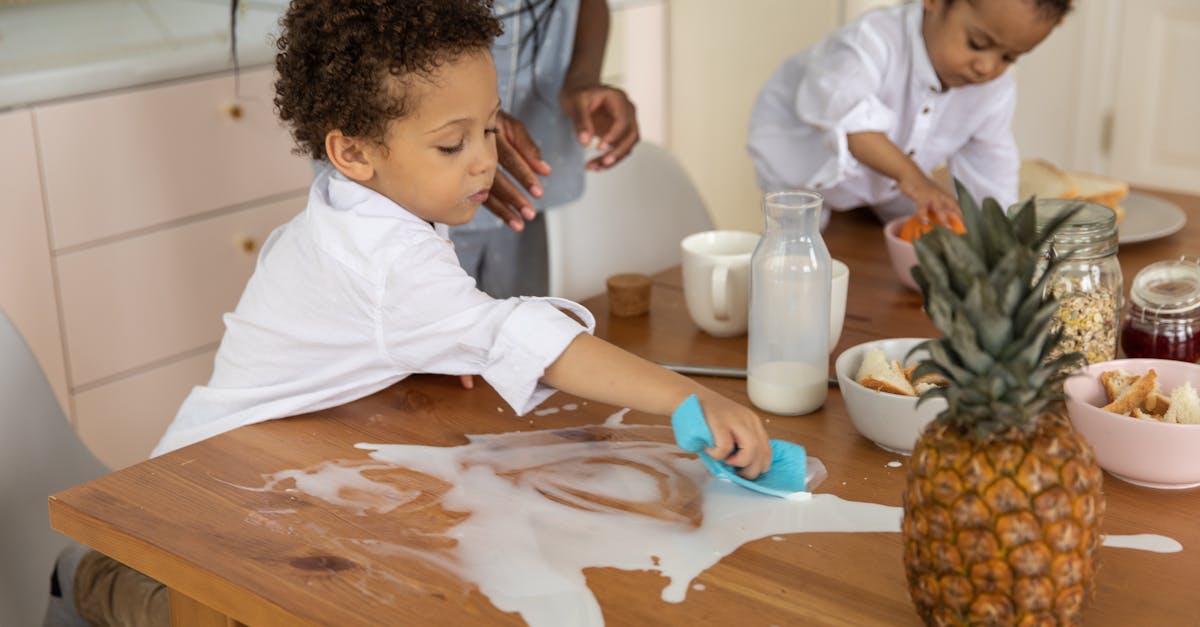The Power of Small Actions
While it might seem like a monumental task, instilling positive morals in your preschooler can start with small things. Little acts, like sharing toys or saying ‘thank you’, teach kids valuable lessons. It’s these tiny nuggets of goodness that form the foundation of their character.
Everyday moments are opportunities for nurturing morals. When my three-year-old offered her cookie to a friend, I realized how naturally kindness spreads.
Parents, take heart; each positive word or action contributes to a brighter world. As the saying goes, the smallest gestures often have the biggest impact!

Modeling Positive Behavior
Kids are excellent imitators, which makes modeling good behavior crucial. If they see you acting kindly, they’re likely to follow suit. I once caught my son wiping the mud off his shoes extra carefully just because he’d seen me do it. Talk about gratifying!
So, remember, your actions speak louder than words. Whether it’s holding a door open for someone or apologizing sincerely, let your child witness your positive actions. Before long, these behaviors will become second nature to them.

Story Time with a Moral Twist
Books transport young minds to places where morals are taught in a way that’s engaging and fun. When children are invested in a story, they absorb life lessons more easily. Incorporating tales with strong moral values during bedtime creates an invaluable experience.
My daughter always asks for The Boy Who Cried Wolf and discusses why honesty is vital. This simple act of sharing stories can stimulate meaningful conversations about values with your preschooler.

- Encourages discussion on important life lessons.
- Fosters a love for reading at an early age.
- Enhances children’s understanding of moral values.
Turn Mistakes into Lessons
Mistakes are a natural part of life; they provide opportunities to learn valuable lessons. It’s important to encourage your preschooler to reflect on their actions and understand the outcomes of those actions.
For instance, once my son broke a vase by accident, we transformed that incident into a learning moment about responsibility. It’s crucial to approach these situations gently and guide them rather than scold.
Mistakes are instrumental in teaching resilience and perseverance. As a parent, your role is to support and encourage growth through every stumble.

In summary, consider these key points when dealing with mistakes:
- Encourage reflection on actions.
- Use accidents as learning opportunities.
- Guide gently, avoiding scolding.
- Teach resilience through support.
Creating a Kindness Jar
Introduce a ‘Kindness Jar’ at home. Every time your preschooler does something kind, add a marble to the jar. Once the jar is filled, celebrate with a small reward day. This technique encourages continued positive actions.
It’s a visual and fun way to reinforce the value of kindness daily. Watching the jar fill up provides tangible evidence of their good deeds, and it motivates them to keep up the good work.

Benefits of a Kindness Jar
- Visual Motivation: Seeing the jar fill up encourages your child to continue acting kindly.
- Reward System: Establishing a small reward time strengthens positive behavior.
- Discussion Starter: It opens opportunities for conversations about kindness and empathy.
Incorporate this fun and engaging activity into your daily routine and watch your child’s understanding of kindness grow!
Encourage Empathy through Play
Empathy is a powerful trait that can be cultivated through simple play. Role-playing games or playing with dolls can teach preschoolers how others feel. I remember watching my daughter console her stuffed bear after it slipped off the couch—an adorable yet significant moment. These activities help your child understand the importance of considering others’ feelings.
Playtime is both a joyous occasion and a learning experience for developing empathy.

- Role-playing games: Encourage children to explore different emotions.
- Playing with dolls: Helps kids understand social interactions.
- Consoling toys: Teaches nurturing and empathy.
These activities foster an environment where children can learn and grow emotionally.
